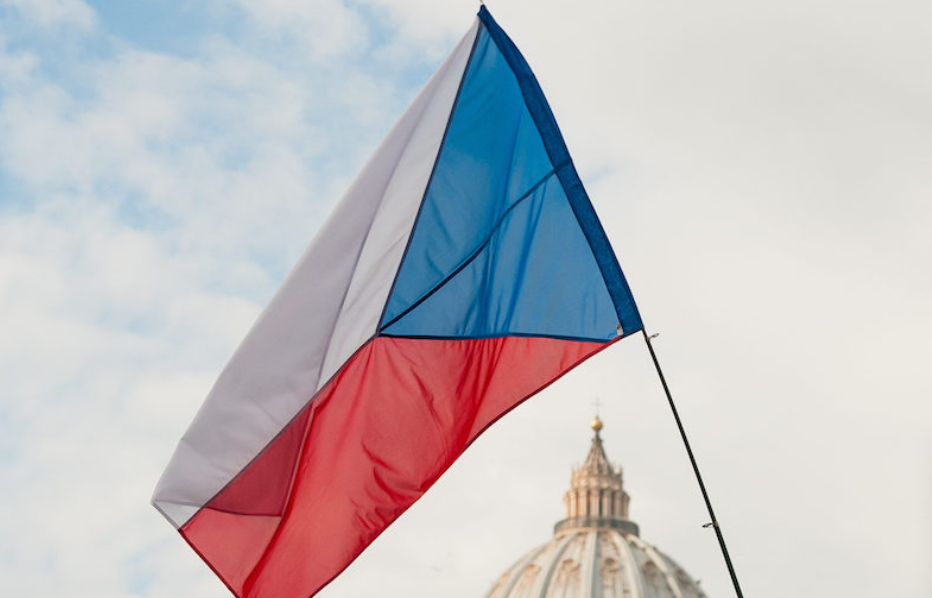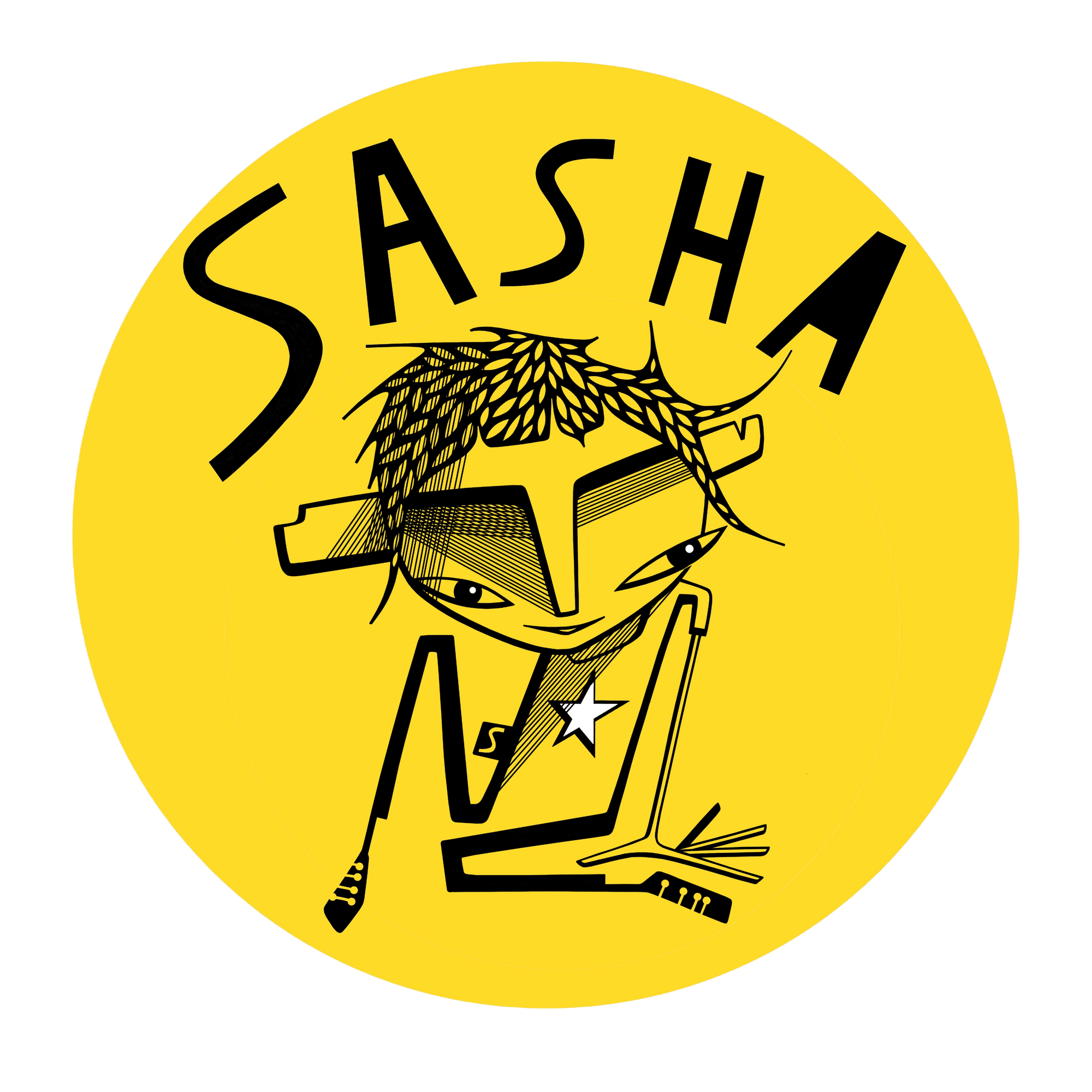Decolonising the Conversations Around Sexual Assault: Czech Republic
The next part in our decolonising series explores rape culture in the Czech Republic, featuring a personal testimony from one of our members. Written by Nina Piotrowska. Content warning: Discussion of sexual assault and rape.

CW: Discussion of sexual assault and rape.
At SASHA we want to ensure our society includes a range of viewpoints and perspectives. Continuing our series on Instagram called “Decolonising conversations around sexual assault”, we are exploring sexual violence in the Czech Republic.
An Overview of sexual violence in the Czech Republic:
- Sexual Assault is a taboo in the Czech Republic, causing a lack of education and ignorance
- Many people don't know that they have experienced sexual violence
- Czech laws require there to be a threat of violence rather than a withdrawal of consent
Statistics:
- 12,000 rapes are committed each year
- Only 600 are reported
- 78 of these end in successful prosecutions
- 90% of sexual violence is committed by partners, family members or known by the victim
- 1/4 of the Czech Republic's population thinks forced sex with a partner shouldn't be against the law
- 1 in 2 women has experienced sexual harassment
Laws
- The current definition of rape is failing many victims - if there isn't violence it won't sustain in court
- This diminishes survivor's/victim's experiences as Czech laws won't acknowledge sexual assault/ rape unless there is violence involved
A member of our community came forward to express their experiences. Below is their full quotation:
“Most of the harassment happens in public. The sexist culture manifests itself in ignorance towards public harassment. We are talking about adults walking by girls being verbally/physically harassed and looking away, acting like everything is fine, or even joining in.
"As a younger girl, I would get whistles, stares, and derogatory and humiliating comments every day. It was a part of my normal life. Even now, I have never heard an adult from my country talk about this issue (other than therapists). I always felt frustrated, helpless and scared just existing as a woman there. Hopefully, the younger generations are starting to shift the view on sexism now.”
For more information check out the post on our recent Instagram post: “Decolonising conversations around Sexual Assault: Part 2”. If you relate to this post or find it triggering and need to access support, check out the resources in our LinkTree.
Written by Nina Piotrowska
Edited by McKenzie Burnett
Published Dec 6, 2022
